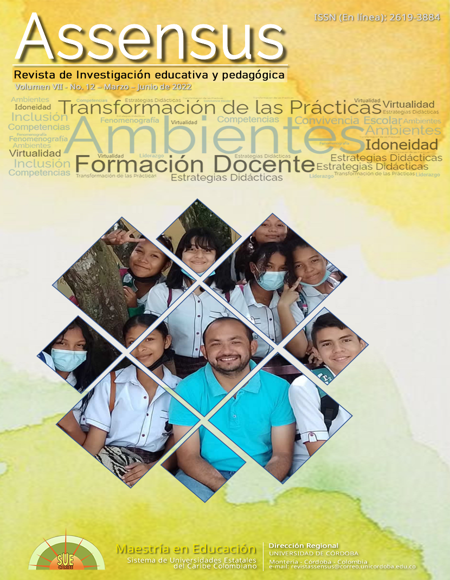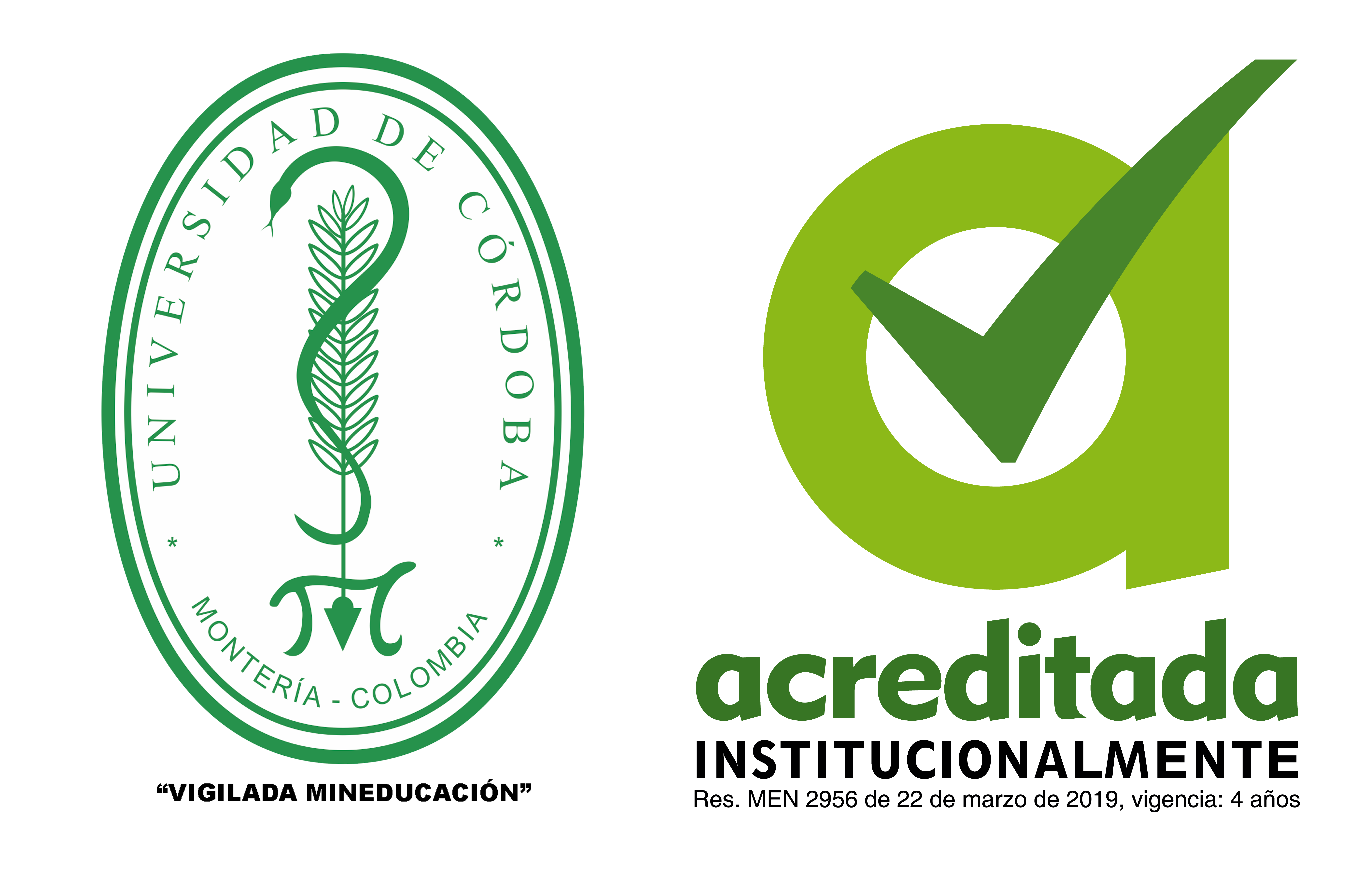Level of appropriation of ICT and intercultural competence in primary basic teachers
Nivel de apropiación de la Competencia TIC e Intercultural en docentes de básica primaria

This work is licensed under a Creative Commons Attribution-ShareAlike 4.0 International License.
The Assensus journal has a Creative Commons license. The citation, use and partial or total reproduction of the contents is authorized by citing sources. For more information, see https://creativecommons.org/licenses/by-sa/4.0/deed.en
Show authors biography
The purpose of the study was to evaluate the influence of an interactive discursive pedagogical strategy on the textual comprehension of elementary school students. Methodologically, it was carried out from a qualitative approach with an action research method. The population consisted of 3 teachers and 48 students from the El Gas educational institution in San Pelayo (Córdoba). To collect the information, techniques such as semi-structured interviews, discussion groups and pretest-posttest reading were used. The results indicate that the students' difficulties in text comprehension were related to the identification of the characters and ideas of the text, the making of inferences, the understanding of the superstructures and the macrostructure. Additionally, the teachers, after applying the strategy, acknowledge that it allowed them to be trained in textual comprehension and to know how to teach it, how to promote it. Finally, improvement was evidenced in the students' reading level. It can be concluded that the creation and application of the pedagogical strategy promoted the motivation and interest of teachers and students in the different activities contemplated, strengthening the teaching and learning processes of reading to improve the ability of students to interact with the text and understand it.
Article visits 252 | PDF visits
Downloads
- Aguado, T. (2003). Pedagogía Intercultural. Madrid: McGraw Hill.
- Aguado, T., Melero, H. S., & Gil, I. (2018). Espacios y prácticas de participación ciudadana. Propuestas educativas desde una mirada intercultural. RELIEVE - Revista Electrónica de Investigación y Evaluación Educativa, 24(2). https://doi.org/10.7203/relieve.24.2.13194
- Aguilar, M. (2012). Aprendizaje y Tecnologías de Información y Comunicación: Hacia nuevos escenarios educativos. Revista Lationamericana de Ciencias Sociales, Niñes y Juventud, 10(2), 28. https://doi.org/10.1179/143307507X196626
- Aguado, T. (2005). La Educacuón intercultural en la práctica escolar: investigación en el ámbito español. XXI. Revista de Educación, 7(7), 43–52.
- Aguado, T., & Mata, P. (2017). Educación Intercultural. Google Libros.
- Cano B, J; Ricardo, C; Del Pozo, F. (2016). Competencia intercultural de estudiantado de educación superior : un estudio en la Universidad del Norte ( Barranquilla , Colombia ) Intercultura. Revista Encuentros, Universidad Autónoma Del Caribe, 14(02), 159–174. https://doi.org/http://dx.doi.org/10.15665/re.v14i2.734
- Casas, J., Repullo, J. R., & Donado, J. (2003). La encuesta como técnica de investigación. Elaboración de cuestionarios y tratamiento estadístico de los datos (I). Atención Primaria, 31(8), 527–538. https://doi.org/10.1016/s0212-6567(03)70728-8
- Escarbajal, A., Izquierdo, T., Aznar, I., & Cáceres, M. (2019) Intercultural and Community Schools. Learning to Live together. Sustainability, 11(13), 3734; https://doi.org/10.3390/su11133734
- Gobernación del Atlántico. (2019). Atlántico líder.
- Hernández, A., Arévalo, M., & Gamboa, A. (2016). Competencias Tic Profesional Docente En Educación Básica. Praxis & Saber, 7(14), 41–69. https://revistas.uptc.edu.co/index.php/praxis_saber/article/view/5217/4569
- Liu, X., Toki, E. I., & Pange, J. (2014). The Use of ICT in Preschool Education in Greece and China: A Comparative Study. Procedia - Social and Behavioral Sciences, 112(Iceepsy 2013), 1167–1176. https://doi.org/10.1016/j.sbspro.2014.01.1281
- MEN. (2013). Competencias TIC para el Desarrollo Profesional docente.
- Navarro, V. y Ricardo, C. (Julio, 2016). Modelo de Innovación de formación docente en el uso de TIC y Diálogo entre las culturas. Meza (presidencia). IV Congreso Iberoamericano y V Nacional por una Educación Nacional. Congreso dirigido por Fundación de una Educación de Calidad. España
- Palencia, A. & Gandón, M. (2007). Propuesta de un plan de intervención intercultural en las aulas.
- Sáez, R. (2006). La educación intercultural. Revista de Educación, 339(339), 859–881.
- Said, E., Iriarte, F., Valencia, J., Borja, M., Ordoñez, M. P., Arellano, W., Román, G., Mestre, G., Payares, M., Lara, J., & others. (2015). Hacia el fomento de las TIC en el sector educativo en Colombia.
- UNESCO. (2019). Behind the numbers: Ending school violence and bullying. In Sustainable Development Goals: Education 2030. https://unesdoc.unesco.org/ark:/48223/pf0000366483.



